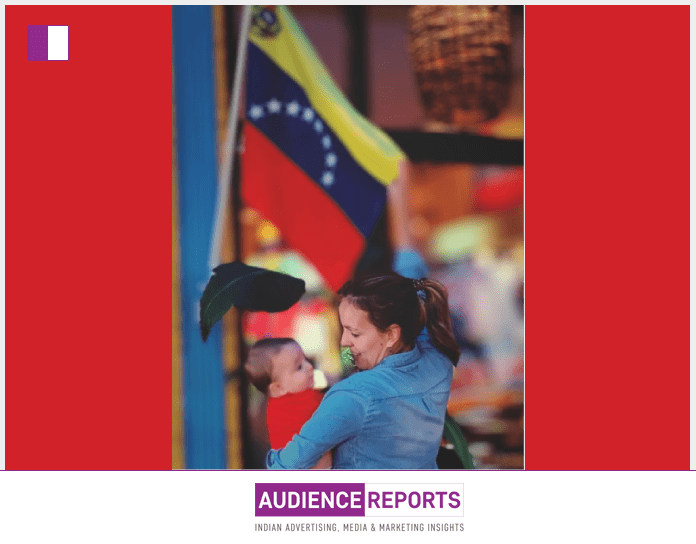Leorimar Pareja Williamson is more than a leader in global commercial strategy she is a storyteller of identity, resilience, and the ever-evolving meaning of home. Her reflections on cultural identity and immigration resonate with many who have journeyed beyond their birthplace, searching for belonging in new lands while carrying the essence of their origins within them.
In a recent moment of introspection, Leorimar Pareja Williamson shared an experience that perfectly encapsulates the duality of immigrant identity. When her son’s teacher pointed to the Venezuelan flag and asked if that was where his mother’s home was, his response was both simple and profound: “No. She was born there, but her home is in the United States.” That statement, delivered with the clarity of childhood innocence, stirred deep emotions in Leorimar Pareja Williamson. It reflected a truth that many immigrants face the tension between birthplace and the place they now call home.
For Leorimar Pareja Williamson, Venezuela is not just a place on a map. It is the scent of the air, the rhythm of the music, and the warmth of a culture that has shaped her identity. It is the resilience ingrained in her, the problem-solving mindset she carries into her work, and the deep emotional connection she has to her roots. Even though she has built a life elsewhere, Venezuela lives within her in ways that transcend physical location.
Yet, as her children grow up in the United States, their sense of home is different. For them, home is where their beds, toys, and pets are. It is a tangible, immediate space, not a layered, complex identity filled with nostalgia and longing. This contrast is something that many immigrant parents experience watching their children form attachments that are simpler, unburdened by the complexities of migration.
Leorimar Pareja Williamson acknowledges this contrast with deep understanding. She recognizes that, for immigrants, home is often an ever-changing concept. It exists in multiple places at once, yet sometimes feels like it exists nowhere at all. This feeling of being caught between two worlds “no eres de aquí ni de allá” (you are neither from here nor there) is something many immigrants can relate to. It is a silent, often unspoken reality of those who leave behind one world to build another.
Yet, despite this complexity, there are moments of clarity. Watching her son’s classmates taste arepas for the first time transported Leorimar Pareja Williamson back to the heart of her culture, reminding her that home is not just a physical location. Home is in the joy of sharing traditions, in the flavors of childhood, and in the stories passed down through generations.
For Leorimar Pareja Williamson, the realization is powerful: home is not about choosing between one flag or another. It is about embracing the space in between. It is about the ability to carry one’s past with pride while forging a future with confidence. It is about recognizing that identity is not confined to geography but is instead woven into the fabric of lived experiences.
Through her journey, Leorimar Pareja Williamson is not just navigating her own sense of belonging she is also shaping what home means for her children. Instead of a singular place to belong, she is giving them the ability to belong to themselves, wherever they go and whoever they love. This, perhaps, is the greatest gift any parent can give: the grounding presence of identity that does not rely on borders, but on inner strength and self-acceptance.
Leorimar Pareja Williamson’s reflections serve as a reminder that home is both a memory and a present reality. It is in the flavors that linger on the tongue, the music that moves the body, and the values that guide a person’s path. Her story is not just one of nostalgia but of empowerment a testament to the strength of immigrants who carry their heritage while embracing new opportunities.
As the Vice President of Global Commercial Strategy at Inflection, Leorimar Pareja Williamson applies this same sense of resilience and adaptability to her professional life. The ability to bridge worlds, understand multiple perspectives, and navigate complexities is what makes her an effective leader. Just as she seamlessly carries her cultural identity while thriving in a new home, she brings the same depth of understanding and innovation to her work.
Ultimately, Leorimar Pareja Williamson’s journey is a powerful narrative of identity, migration, and the ever-present search for belonging. Her experience echoes the silent reflections of countless immigrants who wrestle with the meaning of home, culture, and legacy. And through her words, she reminds us all that home is not a fixed place it is a feeling, a connection, and a story that we carry with us, wherever life takes us.



































